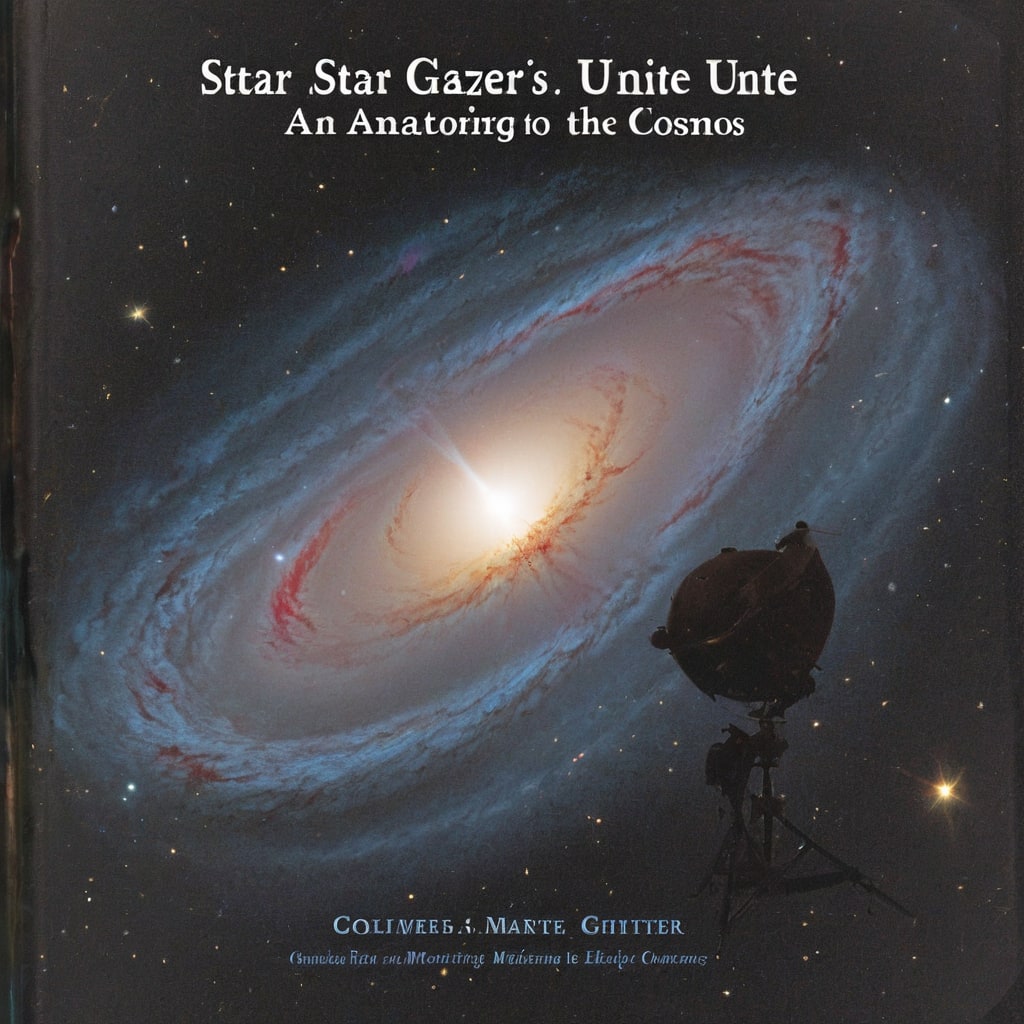Stargazing Simplified: A Beginner's Guide to Space Exploration and Amateur Astronomy
The night sky has fascinated humanity since time immemorial. Stars, planets, and the vast expanse of the universe have sparked curiosity, leading to profound discoveries about our place in the cosmos. Today, the field of amateur astronomy offers an accessible window into these celestial wonders, allowing anyone with passion and persistence to explore the mysteries of space. This guide aims to demystify space exploration and astronomy for beginners, offering insights and tips to start your journey among the stars.

Embarking on a Cosmic Journey: Understanding the Basics
Space exploration and astronomy are intertwined, each informing the other. Space exploration extends our physical reach into the cosmos, through manned missions and robotic probes, uncovering the secrets of planets, stars, and galaxies. Astronomy, the scientific study of everything beyond Earth's atmosphere, relies on observations and data, often gathered by space missions, to understand the universe's workings.
For amateurs, the journey begins with astronomy - the foundation upon which space exploration builds. Grasping basic astronomical concepts, such as the movement of celestial bodies and the scale of the universe, enriches the experience of observing the night sky.
Tools of the Trade: Choosing Your First Telescope
The heart of amateur astronomy lies in observation, and nothing is more crucial to this endeavor than a telescope. For beginners, the array of options can be overwhelming, but understanding the main types helps in making an informed choice:
Refractors: Use lenses to gather and focus light. Ideal for viewing the moon and planets, they offer sharp, high-contrast images.
Reflectors: Use mirrors instead of lenses, providing more aperture (light-gathering power) for the price. They excel at viewing faint, deep-sky objects like galaxies and nebulae.
Compound (Catadioptric) Telescopes: Combine lenses and mirrors, offering versatility and portability. They are suitable for a wide range of astronomical observations.
Beginners should also consider ease of use, maintenance, and portability. Starting with a simple, robust telescope allows you to focus on learning the sky rather than wrestling with equipment.
Navigating the Night Sky: Charts, Apps, and Observation Tips
The key to successful stargazing is knowing what to look for and when. Sky maps and smartphone apps can guide you to celestial highlights, showing the positions of planets, stars, and constellations at any given time.
Observation tips for beginners:
Start with the Moon: Its craters, mountains, and seas provide an excellent introduction to telescopic observation.
Planets Next: Venus, Mars, Jupiter, and Saturn are bright and easy to find. Jupiter's moons and Saturn's rings are particularly awe-inspiring.
Move to Deep Sky: Explore star clusters, nebulae, and galaxies. The Pleiades (Seven Sisters) star cluster and the Orion Nebula are great starting points.
Keep a Journal: Note your observations, including date, time, weather, equipment used, and details of what you saw. This record will enhance your learning and appreciation of the night sky.
Joining the Community: Clubs, Online Forums, and Star Parties
Astronomy is a shared passion, and communities around the world welcome beginners. Joining a local astronomy club or participating in online forums can provide valuable advice, share experiences, and offer opportunities to observe through different telescopes. Star parties, gatherings of amateur astronomers to observe the night sky, are fantastic for learning and making connections.
The Digital Universe: Virtual Space Exploration
Advancements in technology have opened new avenues for exploring space digitally. Online telescopes and space agency websites offer real-time data and images from space missions, while software like Stellarium and Celestia allow for detailed simulations of the night sky and celestial events, accessible from your computer.
Conclusion: The Universe Awaits
Amateur astronomy is a gateway to the universe, offering endless opportunities for discovery and wonder. It reminds us of our place in the cosmos, providing perspective and sparking imagination. With patience, curiosity, and a telescope, the wonders of the universe are within your reach. Remember, every professional astronomer started as an amateur, their heads filled with dreams of stars. The cosmos is vast, and its mysteries are many, but the journey of exploration, whether it's from your backyard or through the lens of a spacecraft camera, is one of the most rewarding pursuits imaginable.






Comments
There are no comments for this story
Be the first to respond and start the conversation.